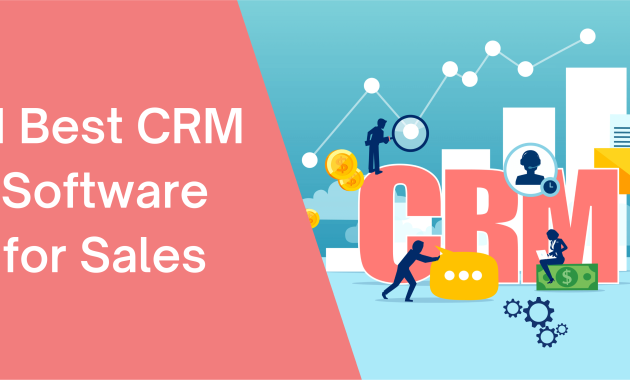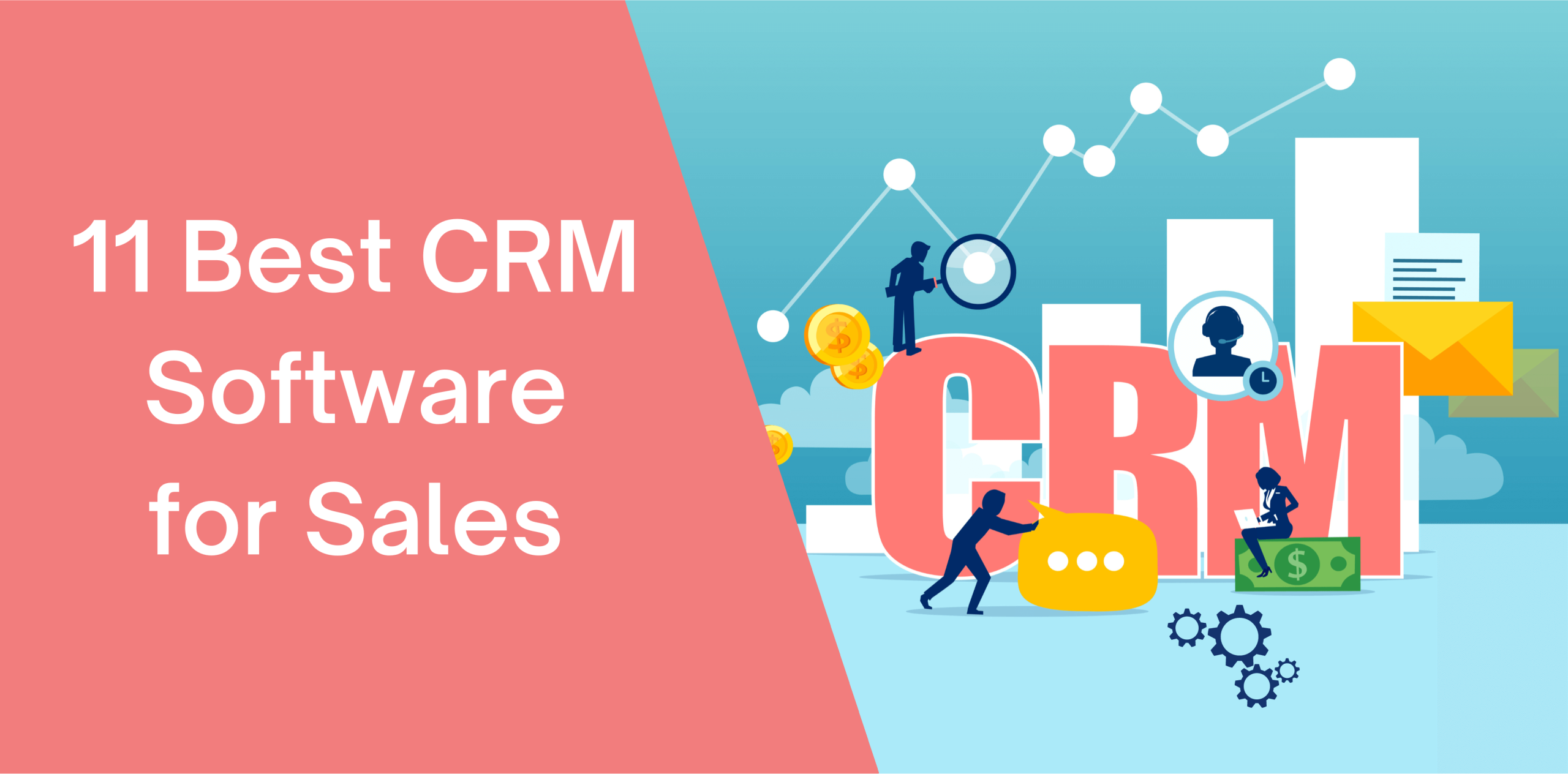
Learn to Create Sales Through CRM Software: A Comprehensive Guide
In today’s competitive business landscape, achieving sustainable sales growth is paramount. Businesses are constantly seeking ways to optimize their sales processes, enhance customer relationships, and ultimately, drive revenue. One of the most effective tools for achieving these goals is Customer Relationship Management (CRM) software. This comprehensive guide will delve into how you can learn to create sales through CRM software, providing actionable insights and strategies for maximizing its potential.
Understanding the Power of CRM
At its core, CRM software is a system designed to manage and analyze customer interactions and data throughout the customer lifecycle. It helps businesses improve customer relationships, retain customers, and drive sales growth. CRM systems consolidate customer information, track interactions, automate tasks, and provide valuable insights into customer behavior. By leveraging these capabilities, businesses can significantly improve their sales performance.
The benefits of CRM are multifaceted. It helps businesses streamline their sales processes, improve customer service, and gain a deeper understanding of their customers. This, in turn, leads to increased customer satisfaction, loyalty, and, ultimately, higher sales figures. CRM is not just a software; it’s a philosophy centered around the customer.
Key Features to Leverage for Sales Success
To effectively learn to create sales through CRM software, it’s crucial to understand and utilize its key features. These features are the building blocks of a successful sales strategy. Let’s explore some of the most important ones:
- Contact Management: Centralized storage of all customer data, including contact information, interaction history, and preferences. This provides sales teams with a 360-degree view of each customer.
- Lead Management: Tracking and nurturing potential customers (leads) through the sales funnel. CRM allows you to score leads, automate follow-ups, and identify the most promising prospects.
- Sales Automation: Automating repetitive tasks, such as email sending, appointment scheduling, and data entry, freeing up sales representatives to focus on closing deals.
- Opportunity Management: Tracking sales opportunities from initial contact to closing. CRM provides tools to manage quotes, proposals, and sales forecasts.
- Reporting and Analytics: Generating reports and dashboards to track sales performance, identify trends, and gain insights into customer behavior. These insights inform strategic decision-making.
Implementing a CRM System: A Step-by-Step Guide
Successfully implementing a CRM system is crucial for realizing its benefits. Here’s a step-by-step guide to help you learn to create sales through CRM software and implement it effectively:
- Define Your Goals and Objectives: Clearly define your sales goals and objectives. What do you want to achieve with CRM? Increased sales, improved customer retention, or enhanced sales team efficiency?
- Choose the Right CRM Software: Research and select a CRM system that aligns with your business needs and budget. Consider factors such as scalability, ease of use, and integration capabilities.
- Data Migration: Transfer your existing customer data into the CRM system. Ensure data accuracy and completeness.
- Customization: Customize the CRM system to meet your specific business processes and workflows. This may involve creating custom fields, reports, and dashboards.
- Training: Train your sales team on how to use the CRM system effectively. Provide ongoing support and resources.
- Integration: Integrate the CRM system with other business applications, such as email marketing platforms and accounting software.
- Monitoring and Optimization: Continuously monitor the CRM system’s performance and make adjustments as needed. Regularly analyze data and identify areas for improvement.
Strategies to Maximize Sales Through CRM
Once you’ve implemented your CRM system, it’s time to leverage it to learn to create sales through CRM software. Here are some effective strategies:
- Segment Your Customers: Segment your customer base based on demographics, behavior, and purchase history. This allows you to tailor your marketing and sales efforts to specific customer segments.
- Personalize Your Communication: Use the CRM system to personalize your communication with customers. Address them by name, reference their past purchases, and offer relevant product recommendations.
- Automate Your Sales Processes: Automate repetitive tasks, such as sending follow-up emails and scheduling appointments. This frees up your sales team to focus on closing deals.
- Nurture Your Leads: Use the CRM system to nurture leads through the sales funnel. Provide them with valuable content, such as blog posts, webinars, and case studies.
- Track and Analyze Your Sales Performance: Use the CRM system to track and analyze your sales performance. Identify trends, measure key metrics, and make data-driven decisions.
- Improve Customer Service: Use the CRM system to provide excellent customer service. Respond to customer inquiries promptly, resolve issues efficiently, and build strong customer relationships.
Choosing the Right CRM Software
Selecting the right CRM software is a critical decision. The best CRM for your business depends on your specific needs and requirements. Here are some key considerations:
- Business Size: Smaller businesses may benefit from simpler, more affordable CRM systems. Larger businesses may require more robust, feature-rich solutions.
- Industry: Some CRM systems are specifically designed for certain industries, such as real estate or healthcare. Consider whether an industry-specific CRM is right for you.
- Features: Identify the key features you need, such as contact management, lead management, sales automation, and reporting and analytics.
- Integration: Ensure the CRM system integrates with your existing business applications, such as email marketing platforms and accounting software.
- Ease of Use: Choose a CRM system that is easy to use and navigate. This will ensure that your sales team will actually use it.
- Pricing: Compare pricing plans and choose a CRM system that fits your budget. Consider both the initial setup costs and ongoing subscription fees.
- Scalability: Select a CRM system that can scale with your business as it grows.
Popular CRM software options include Salesforce, HubSpot CRM, Zoho CRM, Microsoft Dynamics 365, and Pipedrive. Research these and other options to find the best fit.
Training Your Sales Team for CRM Success
Training your sales team is essential for maximizing the benefits of your CRM system. Effective training ensures that your team understands how to use the system effectively and can learn to create sales through CRM software.
- Initial Training: Provide comprehensive initial training on all aspects of the CRM system, including data entry, lead management, sales automation, and reporting.
- Ongoing Training: Offer ongoing training and support to help your sales team stay up-to-date on the latest features and best practices.
- Hands-on Practice: Encourage hands-on practice and provide opportunities for your sales team to use the CRM system in real-world scenarios.
- Create User Guides and Documentation: Develop user guides, tutorials, and other documentation to help your sales team learn how to use the CRM system effectively.
- Lead by Example: Managers and sales leaders should lead by example and actively use the CRM system. This will encourage the rest of the team to do the same.
- Monitor Performance: Monitor your sales team’s use of the CRM system and provide feedback and coaching as needed.
Measuring Success and Making Adjustments
To truly learn to create sales through CRM software, you must measure its impact and make adjustments as needed. Key performance indicators (KPIs) will help track your progress.
- Sales Growth: Track the growth in your sales revenue over time.
- Customer Acquisition Cost (CAC): Measure the cost of acquiring new customers.
- Customer Lifetime Value (CLTV): Estimate the total revenue you expect to generate from a customer over their relationship with your business.
- Conversion Rates: Track the conversion rates at each stage of the sales funnel.
- Sales Cycle Length: Measure the average time it takes to close a deal.
- Customer Satisfaction: Monitor customer satisfaction levels through surveys and feedback.
Regularly analyze these KPIs to identify areas for improvement. If your sales growth is not meeting your expectations, consider adjusting your sales strategies, CRM processes, or training programs.
The Future of CRM in Sales
The future of CRM is bright. As technology continues to evolve, CRM systems will become even more sophisticated and powerful. Artificial intelligence (AI) and machine learning (ML) are already playing a significant role, offering features such as predictive analytics, automated lead scoring, and personalized customer interactions. These advancements will help businesses to further learn to create sales through CRM software and optimize their sales processes.
CRM will continue to evolve, becoming more integrated with other business applications and offering even greater insights into customer behavior. Mobile CRM solutions will become increasingly important, allowing sales teams to access and update customer data on the go. The focus will remain on providing a seamless and personalized customer experience. Investing in a robust CRM system is an investment in the future of your sales organization.
Conclusion: Mastering Sales with CRM
In conclusion, CRM software is a powerful tool that can transform your sales efforts. By understanding its key features, implementing it effectively, and leveraging the right strategies, you can significantly improve your sales performance and drive revenue growth. Remember to focus on training your sales team, measuring your results, and continuously optimizing your processes. The ability to learn to create sales through CRM software is a crucial skill for any business seeking to thrive in today’s competitive market.
[See also: Related Article Titles]

